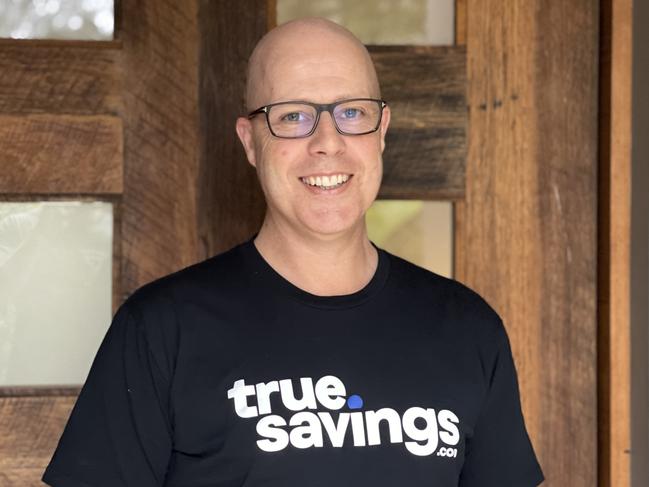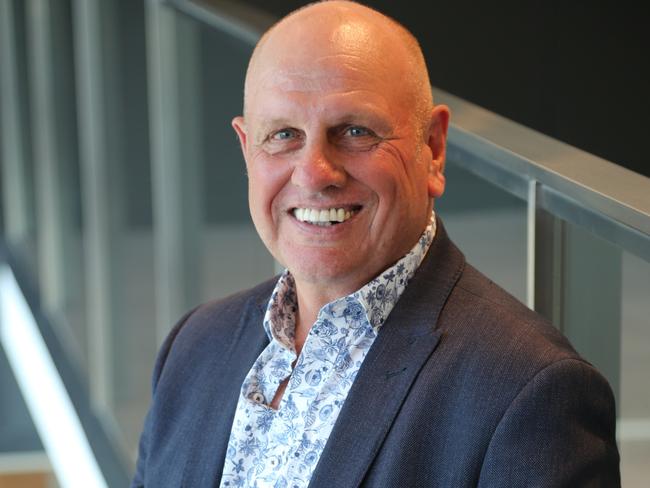How to prepare for a future with fewer permanent jobs
The gig economy is spreading beyond food delivery and lawn mowing. Experts share how to prepare and what to consider.
SmartDaily
Don't miss out on the headlines from SmartDaily. Followed categories will be added to My News.
More people will need to become open to freelance and contract work, as companies adapt their hiring strategies in response to the pandemic.
New research from HR software company Ceridian reveals about two-thirds of Australian executives plan to hire more short-term workers in the next two years (69 per cent) and say freelance or gig workers will substantially replace full-time employees within the next five years (63 per cent).
Ceridian’s Asia Pacific and Japan head Stephen Moore says the growing appetite for contract workers is driven by the events of the past 18 months.
“Many organisations are starting to realise the talent and skills needed could look very different in a year or two as everyone addresses this ever-changing ‘future of work’ in real time,” he says.
“There is also a growing belief that the freelance work model can mutually benefit both the employer and employee.
“Employees have the potential to gain more flexibility and freedom over the type of work and projects they take on – in some instances, a contract opportunity may even compensate the worker more – while employers can recruit talent to support projects without a long-term commitment to the headcount.”

Mechanical engineering graduate Hassan Danial rides for food delivery company Deliveroo while also working at a global technology company.
A recent survey shows more than half of riders are picking up shifts while completing university, with the most common study areas being business, IT and engineering.
“I have loved the flexibility of riding with Deliveroo throughout my career journey from working as an educator for before and after school care to manufacturing carbon fibre wheels for high-end supercars,” Danial says.
Research from outsourcing company Airtasker finds Generation Z (aged 18 to 24) are most likely to be on board with freelance work and the gig economy.
More than a third (36 per cent) say they prefer having multiple income streams compared to one in five (21 per cent) who prefer one source of income with fixed hours.
Youth employment coach Zoe Piper says Gen Z has grown up seeing flexible work as the norm and that making money via multiple channels is more mainstream than even 15 years ago.
But how might a future of casual, contract and temporary work effect our lives?
HOME LOANS
Pete Steel, founder and chief executive of TrueSavings.com says it is definitely harder for people working in the gig economy or contract roles to secure a home loan – but it is possible.
“Usually lenders will require at least six months of pay slips from the same business, some lenders require more than a year,” he says.
“At TrueSavings.com we work with a few lenders, but not many, that will secure a home loan with someone who has held a role for less than six month.
“Usually those customers still need to be in the same industry for at least a year prior.”

SUPERANNUATION
Contractors and freelancers essentially function as a business so are not paid superannuation the way an employee would be.
If you take this form of work and wish to save for your retirement, you will need to put aside money from your pay packet.
Temporary and casual employees, on the other hand, are paid superannuation the same as permanent full-time or part-time staff.
SEEKING SECURITY
Casual employees who would like to become permanent full-time or part-time employees can typically request “casual conversion” after 12 months with their employer, according to the Fair Work Ombudsman.
This period is shorter under certain industry awards.
In some organisations, temporary employees can also be converted to permanency after a set period.
For example, a 2020 directive stipulates an employee in the Queensland Public Service can request a conversion review after every 12 months of continuous employment in the same agency.

HOW TO PREPARE NOW FOR THE FUTURE OF WORK
Ceridian’s Stephen Moore shares advice for workers new to contract and gig work.
1 KEEP YOUR SKILLS UP TO DATE
“(Jobseekers must) ensure they have a learner mindset to grow their professional toolkit, and to be comfortable with constant change and ambiguity,” he says.
2 DON’T EXPECT THE TRADITIONAL HIERARCHY
“People will need to accept a reality of working under a variety of different project leaders or managers,” he says.
“They will need to be comfortable that their direct ‘manager’ may not be the one to direct their work, and potentially be comfortable with soliciting developmental feedback from their peers.”
3 GET ON BOARD WITH TECHNOLOGY
“Prospective staff should pay heed to employers’ tech agility and ability to support this borderless way of working,” he says.
“Ultimately, both employers and employees being open to operating in this complex and
ever-changing matrix will be key.”
Originally published as How to prepare for a future with fewer permanent jobs




